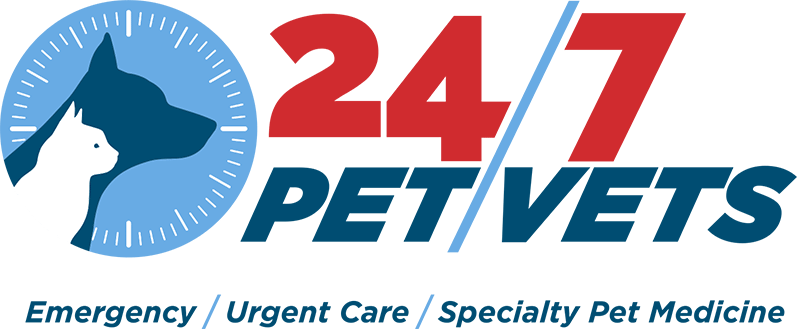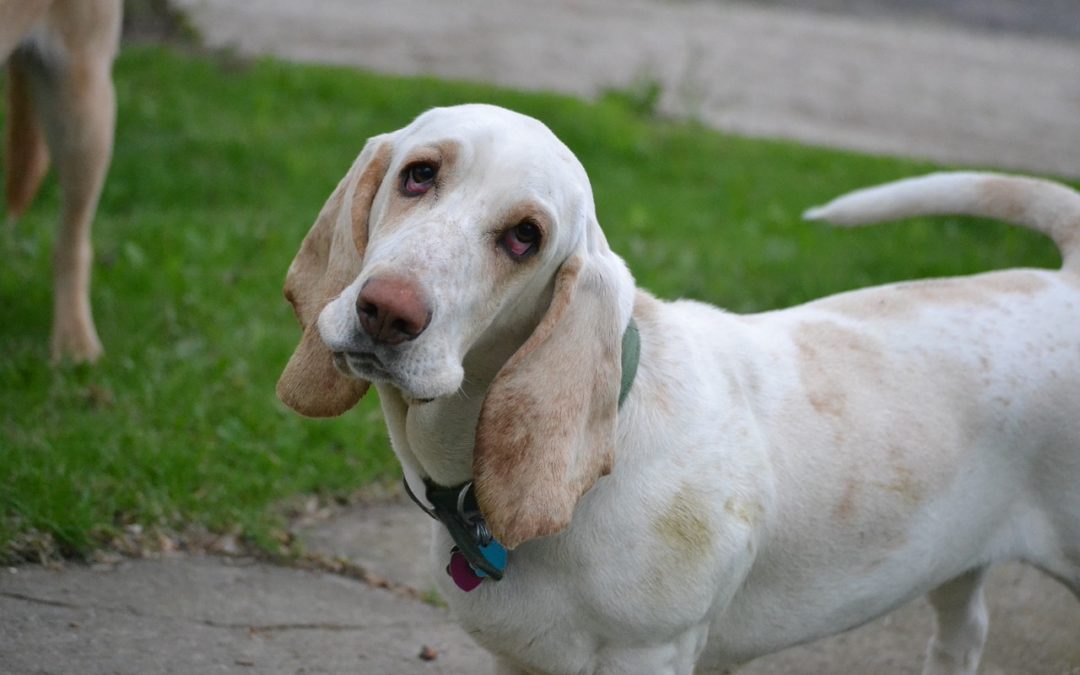When your pet suddenly starts throwing up or experiencing diarrhea, it can be scary! There are so many possible causes for these symptoms, you’re not sure whether it’s an emergency or just a small upset. We’re here to help! Here’s what to do and what not to do if your pet is experiencing these symptoms:
What to Do
- Remove all food and water.
- Check for signs of dehydration.
- If diarrhea and/or vomiting continues or the pet acts ill, seek veterinary attention. Diarrhea and vomiting can quickly lead to serious fluid loss and electrolyte imbalance, especially in very young and very old animals.
- If no vomiting occurs for 6 to 8 hours, begin to frequently give small amounts of clear liquids (water, Gatorade, Pedialyte, or other electrolyte solution). A rule of thumb is to give 1 teaspoon per pound of body weight every 2 or 3 hours throughout the day and night. If your pet does not vomit the fluid, the following day offer small frequent meals of boiled hamburger and rice or boiled chicken and rice. If your pet does not want to eat, starts to vomit, or continues to have diarrhea, go to the veterinarian for medical care.
- Isolate the sick pet from other pets.
What NOT to Do
- Do not administer any over-the-counter or prescription medications to your pet without talking to a veterinarian first.
- Do not allow the pet to eat or drink anything until there has been no vomiting for 6 to 8 hours.
Vomiting and diarrhea are associated with a host of problems that are referred to collectively as gastroenteritis. Some cases are quite severe (e.g., poisoning), and some are not (e.g., dietary indiscretion). If fever is present, an infection may be a cause. Most infections that cause diarrhea and vomiting are contagious, so it is wise to assume that other pets might be vulnerable if they are exposed.
If your pet is not feeling well and has vomiting and/or diarrhea, go see your veterinarian. If the problem persists or is escalating quickly, don’t hesitate to contact us and bring your pet in. When it comes to your pet’s health, it’s always better to be safe than sorry!

